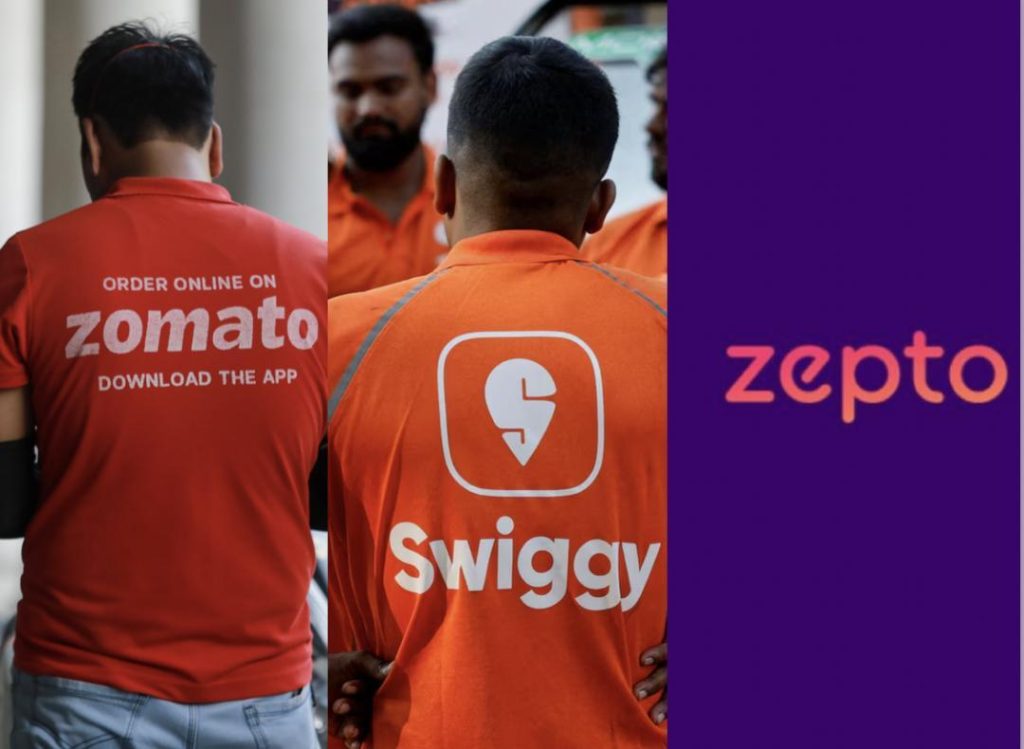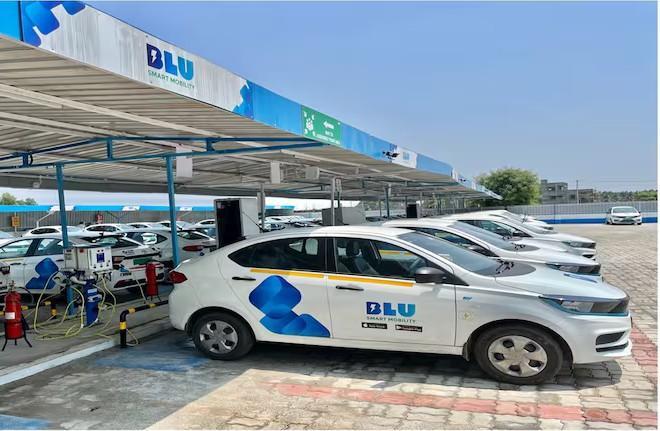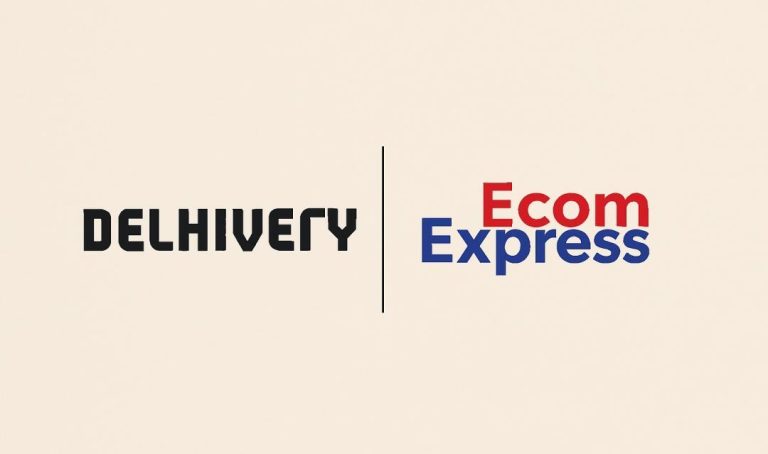
Case against Zomato, Swiggy, Zepto over discounts: A Threat to Fair Business Practices?
The Indian food delivery and fast-delivery landscape has witnessed a significant shift in recent years, with the rise of players like Zomato, Swiggy, and Zepto. These platforms have disrupted the traditional way of ordering food and essentials, offering a range of benefits such as convenience, speed, and competitive pricing. However, their aggressive pricing strategies have raised concerns among industry stakeholders, including the All India Consumer Products Distributors Federation (AICPDF).
Recently, AICPDF filed a case with the Competition Commission of India (CCI) against these fast-delivery businesses, alleging that their business practices are unfair and detrimental to the economy. The case highlights the need for a closer look at the pricing models adopted by these platforms, which have been accused of predatory pricing and deep discounting.
Predatory Pricing: A Concern for Fair Business Practices
Predatory pricing is a business strategy where a company sets its prices extremely low, often below the cost of production, to drive out competition and gain a monopoly. This practice can lead to unfair business practices, as smaller players may not be able to sustain themselves due to the aggressive pricing.
The AICPDF alleges that Zomato, Swiggy, and Zepto are engaging in predatory pricing, which is affecting the survival of smaller businesses in the industry. The federation claims that these platforms are offering deep discounts to attract customers, which is not sustainable in the long run. This strategy may allow them to gain market share, but it can also lead to financial losses and eventual collapse of smaller businesses.
Unfair Pricing Models: A Threat to Competition
The AICPDF has also accused these platforms of adopting unfair pricing models, which are designed to favor them over smaller businesses. The federation claims that these platforms are using their deep pockets to offer discounts and promotions, making it difficult for smaller players to compete.
This concern is not unfounded. A study by the Indian Institute of Management (IIM) Ahmedabad found that deep discounting by food delivery platforms has led to a decline in the number of small and medium-sized enterprises (SMEs) in the industry. The study suggested that SMEs are struggling to compete with the deep pockets of these platforms, which are offering discounts and promotions to attract customers.
The Impact on the Economy
The AICPDF’s case against Zomato, Swiggy, and Zepto has far-reaching implications for the Indian economy. The federation claims that these platforms are not only affecting the survival of smaller businesses but also the economy as a whole.
The aggressive pricing strategies adopted by these platforms can lead to a decline in the number of businesses operating in the industry, which can result in job losses and reduced economic activity. Furthermore, the deep discounting by these platforms can also lead to a decline in tax revenues, as smaller businesses may not be able to generate sufficient revenue to pay taxes.
Conclusion
The case filed by the AICPDF against Zomato, Swiggy, and Zepto highlights the need for a closer look at the pricing models adopted by these platforms. The aggressive pricing strategies adopted by these platforms may be attractive to customers, but they can also have unintended consequences for the economy and smaller businesses.
It is essential for the CCI to investigate these allegations and take necessary action to ensure that the business practices adopted by these platforms are fair and transparent. The CCI should also consider imposing penalties on these platforms if they are found to be engaging in unfair business practices.
The AICPDF’s case is a wake-up call for the food delivery and fast-delivery industry, which has been growing rapidly in recent years. The industry needs to adopt fair and sustainable business practices to ensure that smaller businesses can compete and thrive.
Source:



